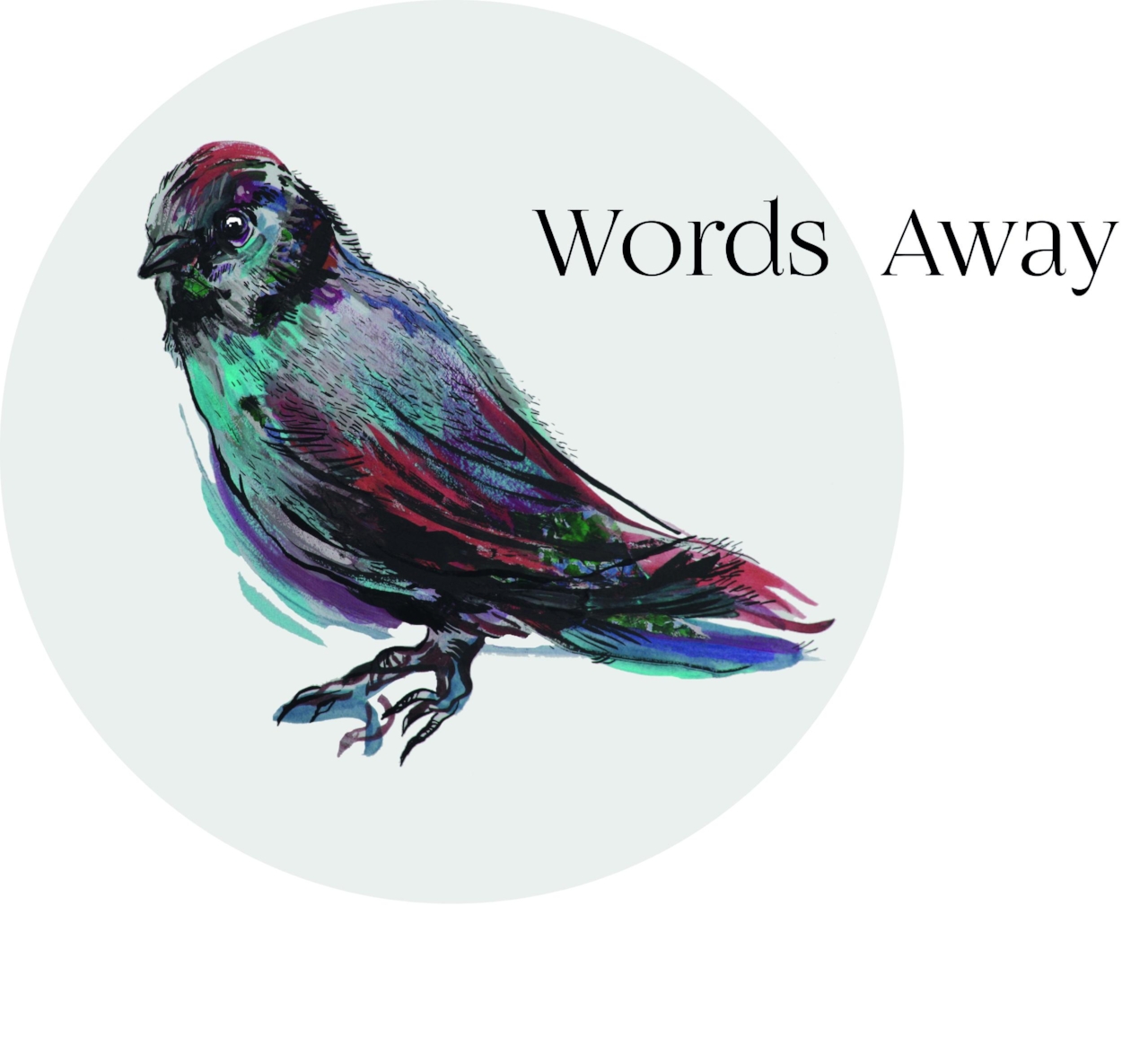It was such a pleasure to welcome novelist Claire Fuller for a return visit to Words Away last month. Claire shared lots of helpful techniques to keep us motivated and engaged with our writing. The conversation covered how to generate new ideas and broached ways to tackle writerly demons, from facing the fear and doing it anyway, to tips on keeping the writing fresh and seeing a novel through to completion.
Zaloning with Claire Fuller
Claire didn’t start writing until she was forty, she writes flash and short fiction and has now published four novels. Her debut novel Our Endless Numbered Days won the Desmond Eliot Prize and her recent novel Unsettled Ground is currently shortlisted for the 2021 Women’s Prize. We’ll be keeping our fingers crossed for Claire come July!
We discussed the relationship between fear and creativity and how to deal with the uncertainty that comes with the creative process. Claire said that she lives with that fear everyday but it’s something she’s learned to accommodate. After finishing and publishing her first book she imagined the fear would go away but four successfully published books later - she finds she’s still negotiating with the inner critic. “You have to make yourself keep going and develop ways to keep motivated,” she said. Music helps and while it might not work for everybody, Claire makes a playlist for each novel. She finds music to suit the tone of the novel and just listening to it triggers a “it’s writing time response.”
We talked about seeing a novel through from beginning to the end and how to keep the work fresh. Claire said she becomes open to new ideas towards the end of a previous novel. She keeps a shoe box collection of newspaper articles, weird ideas, odd locations or the funny things that people say. Claire writes to discover and doesn’t plan. This can be risky and scary approach because ultimately everything has to fit in with the plot. Sometimes at a later stage when the end is potentially in sight Claire said she’ll begin to think about the reader - where they’re at with the story and what they know. “Readers will always anticipate,” she said, so she tries to work out what they might be thinking and then subvert their expectations by deliberately providing a different scene. This keeps the story as fresh and surprising for the reader as it is for the writer!
I was interested in how Claire keeps going when she’s in the thick of the process. When she’s not feeling it and the voice in her head is telling her to give up etc, she applies what she called “the square bracket technique”; for example [this scene is shit or not working, etc] which she places in the middle of the text. By allowing the critical voice to speak she can keep forward momentum. It’s also a useful way to [insert a crazy idea] mid-scene or chapter that you can return to later simply by searching for all the [square brackets] when it’s time to revise.
“You have to figure out ways to learn some self confidence and self belief.” Claire keeps a daily writing diary for each novel in which she records a daily word count. It’s another aid to help her keep making progress. She’ll also add a line about what she’s decided to do or not do. She said it’s a useful reference tool as quite often she’ll get to a certain word count and find that she struggled before at the same word count on the previous novel. It gives her a boost to know that she’s felt this way before and finished the last book, so she can finish this one.
An audience member asked about juggling commitments and writing time. Claire’s top tip is to visit the manuscript everyday, even if it’s just in your head. Think about your WIP, write down your ideas, record fragments on your phone or email yourself one-liners. Continuity really helps and don’t feel guilty if you only have ten minutes, books get written in increments. Think of Donna Tartt who takes ten years to write a book. For more support Claire recommended Anne Lammott’s brilliant book on writing, Bird by Bird.
We also heard about Claire’s dislike of writing first drafts and love of editing, her favourite part of the process. She approaches editing with forensic zeal, starting at a macro level, looking at plot, pace and character, then zeros in on character and dialogue, followed by paragraphs, sentences and words. She’ll read the whole manuscript over and over again to hear the rhythm and edits until each word sounds right. She said it’s almost like writing poetry and “that level of craft is important to me.” It was a super insightful chat - thank you Claire for such a generous discussion and we’ll all be cheering you on come the Women’s Prize!
Next up at Words Away on Monday 14th June at 7.30 pm (please note the later start time) I’m looking forward to talking to Nikesh Shukla about Writing Memoir. I hope you can join us! It’s my last event for a while. I’m taking some time off over the summer but hope to be back later in the year and will keep you posted.
Thanks for reading!
Kellie
Links & References:
Claire Fuller, Claire followed up the zalon with a couple of brilliant blog posts, Motivation For Writers & A Playlist For Unsettled Ground featuring Henry Ayling, Tips From A Publisher by Scott Pack, Donna Tartt, Bird by Bird by Anne Lamott, Keep Going by Austin Kleon, Freytag’s Pyramid



